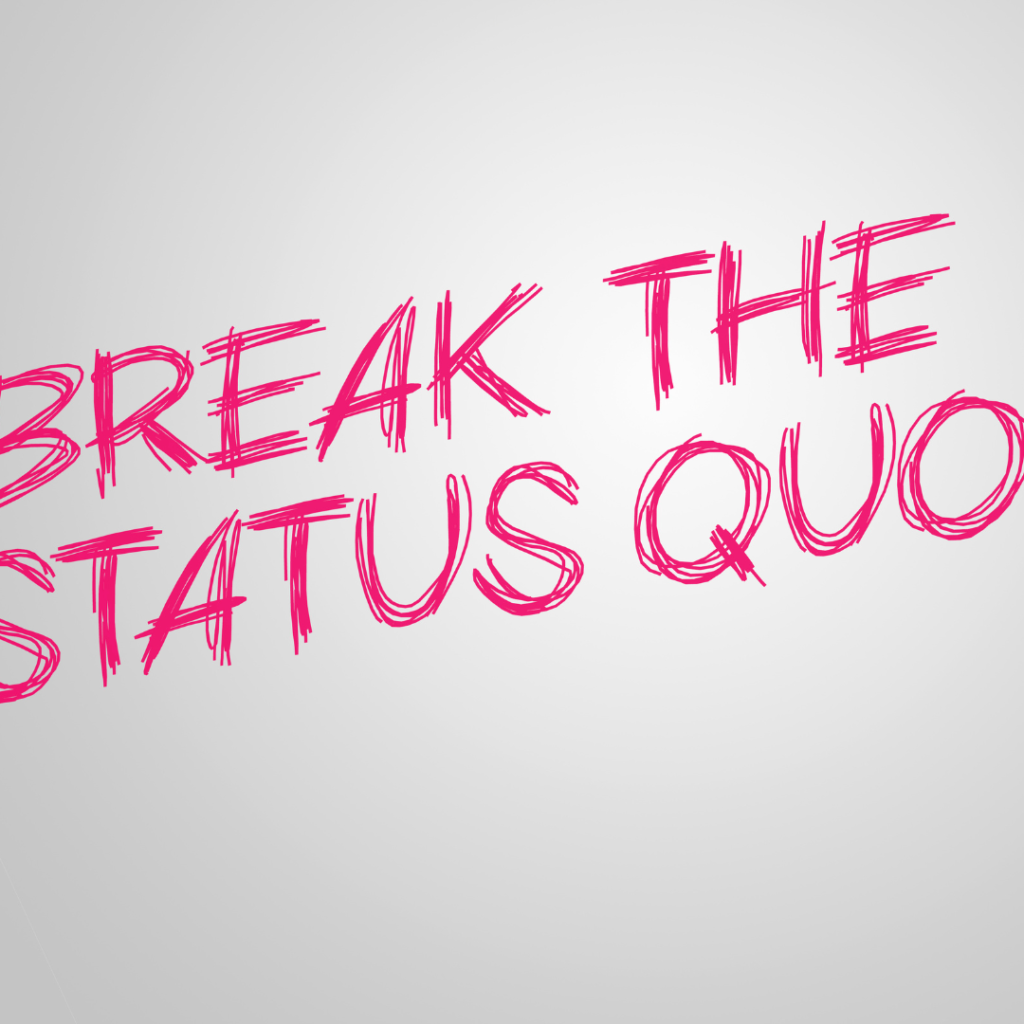

Challenge the Status Quo: A Path to Innovation and Growth
By: Isaias P. Despi Jr. M.M.
The phrase “status quo” describes the way things are – the accepted norms, processes, and beliefs within a system. While the status quo offers comfort and familiarity, it can also stifle progress and innovation. Effectively challenging the status quo is a catalyst for improvement, but doing so constructively is an essential skill.

Why Challenge the Status Quo?
Uncovering inefficiencies: The “we’ve always done it this way” mentality hides problems. Questioning assumptions can reveal better solutions.
Sparking creativity: Deviating from the norm encourages new ideas and promotes a culture of innovation.
Promoting adaptability: In a rapidly changing world, the ability to embrace new approaches ensures you stay ahead.
Driving personal growth: Stepping outside your comfort zone and championing change develops leadership qualities and problem-solving skills.
Confronting the Status Quo Without Creating Conflict

Challenging established systems can ruffle feathers. Here’s how to approach it respectfully:
Frame it as curiosity: Ask “why” not to attack, but to genuinely understand how things work and explore alternatives. Begin with phrases like “I’m trying to understand…” or “Could you help me see the rationale behind…”
Focus on problems, not people: Criticizing individuals feels personal. Instead, target the flaw in the process, such as “This approach seems time-consuming, are there faster ways?”
Offer solutions, not just complaints: Present an alternative or an idea for improvement. Phrase it as, “What if we tried…” or “Here’s an approach that might be more efficient…”
Choose the right timing: Don’t bring up criticisms during crises or when emotions are running high. Pick a calm moment for productive discussion.
Weighing the Pros and Cons
Before leaping in, consider these potential outcomes:
Pros:
Positive change: Successful challenges lead to better systems, outcomes, and working environments.
Increased engagement: People empowered to contribute ideas become more invested in their work.
A reputation as an innovator: Those who consistently question and improve get noticed for their thought leadership.
Cons:
Resistance: People naturally resist change, even when it’s justified. Be prepared for pushback.
Failed attempts: Change doesn’t always succeed. If efforts falter, it can seem like a waste of time.
Damage to relationships: Poorly delivered challenges can alienate colleagues and superiors.

The Ultimate Benefit
Successfully navigating change is crucial for both individuals and organizations. A workplace embracing continuous improvement will adapt more easily, attract innovative talent, and remain competitive. On a personal level, challenging the status quo encourages us to step outside of routine, solve problems creatively, and be catalysts for positive development. While it carries risks, the potential rewards outweigh them for people committed to growth.
Remember: Challenging the status quo is not about rebellion, but about thoughtful improvement. With respect, strong collaboration, and a solution-oriented mindset, your voice can have a real, positive impact.
– IDJ
Make your life worthwhile, and to the world before you. BE RELEVANT!
Quick Links
©2023. All Rights Reserved
